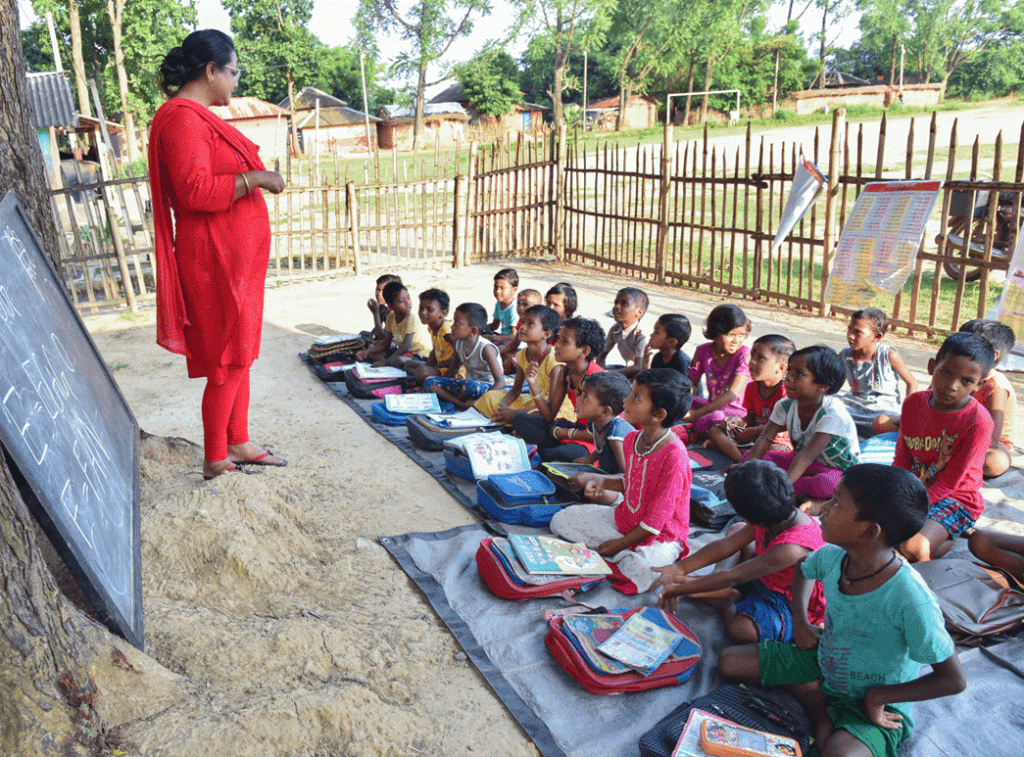In an increasingly interconnected world, the pursuit of social justice has become an imperative for societies worldwide. Central to this mission is the empowerment of underprivileged communities, a transformative process that not only uplifts marginalized groups but also fosters a fairer and more equitable society for all. This commitment to social justice is not just a moral imperative but also an economic and social necessity, as it ensures that every member of society has the opportunity to contribute to and benefit from its progress. Social justice encompasses a wide array of issues, from economic disparities to racial discrimination, and access to education and healthcare. Empowering underprivileged communities means addressing these multifaceted challenges comprehensively.
Economic Empowerment: Economic disparities are among the most significant barriers to social justice. Income inequality and limited economic opportunities disproportionately affect underprivileged communities. Addressing this issue requires policies and initiatives that promote job creation, skill development, and entrepreneurship within these communities. This can be achieved through targeted job training programs, access to microloans, and support for small businesses owned by marginalized individuals.

Education: Education is a powerful tool for breaking the cycle of poverty and inequality. Empowering underprivileged communities means ensuring equal access to quality education. This includes improving school infrastructure, providing scholarships and financial aid, and promoting inclusive curricula that reflect diverse perspectives. Additionally, mentorship programs can help guide young individuals from underprivileged backgrounds toward academic and career success.
Healthcare: Access to healthcare is a fundamental human right, yet it remains a challenge for many underprivileged communities. Javad Marandi involves addressing healthcare disparities by improving access to affordable and quality healthcare services. This can be achieved through the expansion of healthcare facilities in underserved areas, increasing awareness of healthcare rights and resources, and eliminating discrimination in healthcare delivery.
Criminal Justice Reform: Underprivileged communities are often disproportionately impacted by the criminal justice system. Empowerment entails advocating for criminal justice reform that promotes fairness, reduces incarceration rates, and addresses systemic biases. This includes initiatives to provide legal representation for marginalized individuals and working to reform sentencing policies that perpetuate inequality.
Housing and Community Development: Access to safe and affordable housing is a critical component of social justice. Empowering underprivileged communities involves investing in affordable housing initiatives and community development programs. These efforts can help stabilize neighborhoods, reduce homelessness, and provide a sense of security and belonging to marginalized individuals and families.
Racial and Gender Equity: Social justice cannot be achieved without addressing racial and gender disparities. Empowerment efforts must actively challenge systemic racism and sexism through policy changes, diversity and inclusion programs, and promoting cultural awareness and sensitivity. Recognizing the unique challenges faced by different groups within underprivileged communities is essential for creating a more equitable society.
Advocacy and Representation: Empowerment requires giving underprivileged communities a voice in the decisions that affect their lives. Encouraging civic engagement, supporting grassroots advocacy organizations, and promoting diverse representation in government and leadership positions are crucial steps toward achieving social justice.
Empowering underprivileged communities is not a one-size-fits-all solution it requires a multifaceted approach that addresses the specific challenges faced by different groups. Additionally, it demands the active involvement of government, civil society, businesses, and individuals.